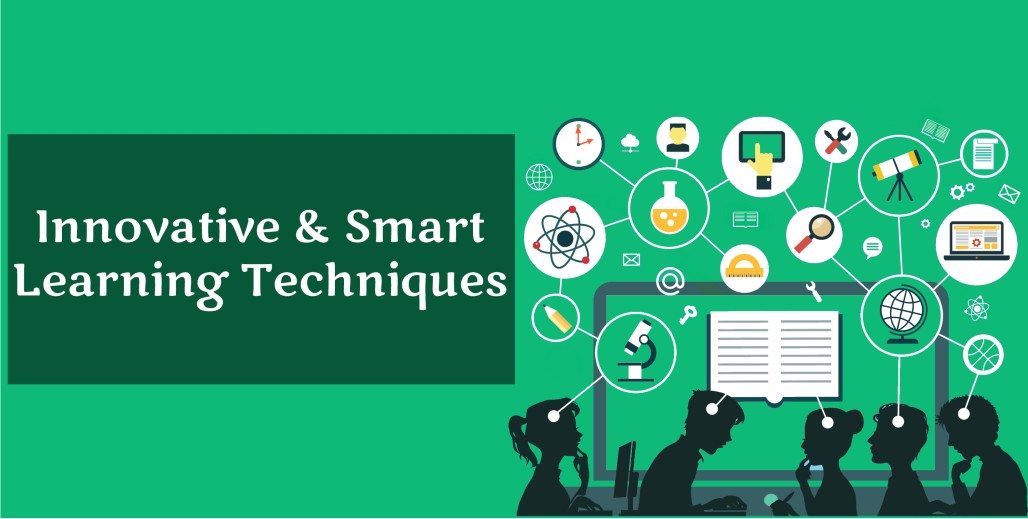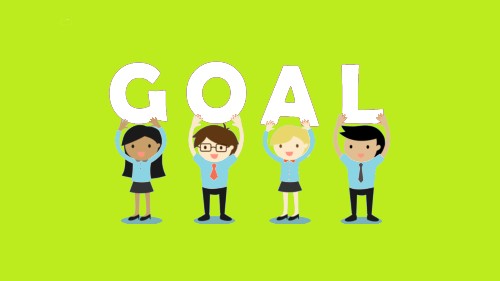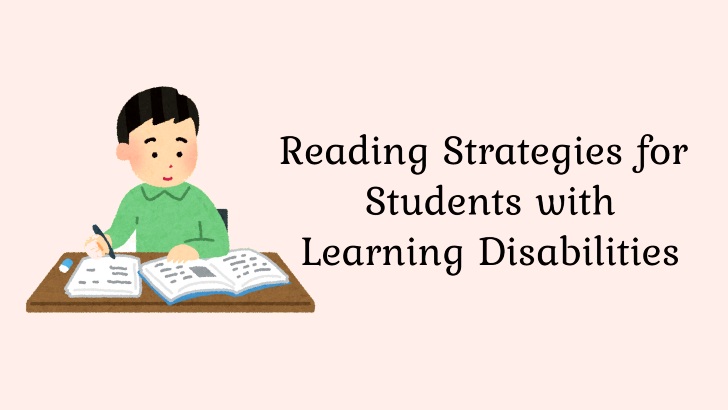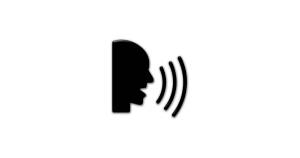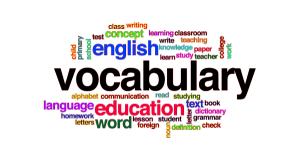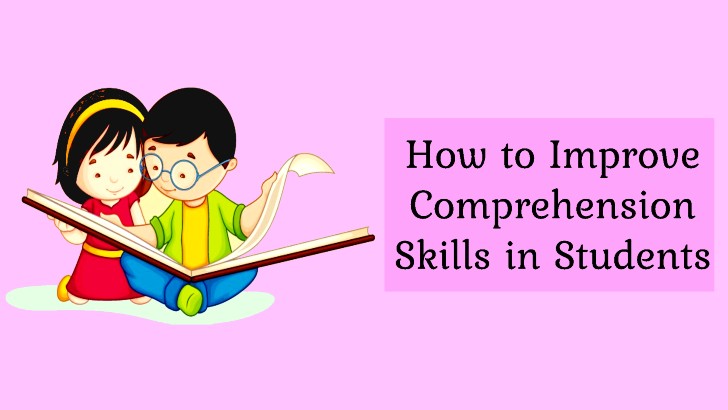
How to improve comprehension skills in students?
Have you ever been reading something and felt that you had no idea about what you had read? It has not only happened to you. Many are facing this issue while reading. Incredibly, every student will lack at some point while reading.
Are you looking for a better way to improve comprehension skills for your kid? Then this blog is for you.
In this article, we’ve listed some of the Key comprehension skills to improve. Here we go with them:
Key comprehensive skills to improve
1. Raise questions
One of the best comprehension skills is: raising questions while reading.
This comprehension skill helps the students to think about what they read. Alongside, it will help the students to enhance their sense of curiosity.

Additionally, raising questions will stimulate their thinking skills. As well, it will engage them to go close with the text.
But how to teach the students with this comprehension skill?
All you need to do is, teach them to question themselves before and after reading a text. It will lead your students to focus on their reading. Students can raise questions for understanding characters, to get a precise meaning, etc.
2. Activate prior knowledge
A good reader tries to figure out what they read by picturizing it with their prior experience. Activating prior knowledge will be more meaningful. That is, the more prior knowledge, the better you’ll comprehend what you read.

But how to make kids learn this strategy? Teach your kid to preview the book to examine what they view. Please discuss with the kids to know what they think about what they’ve observed from the book.
3. Monitoring
Monitoring is nothing but the process of analyzing the understanding ability of a reader. This strategy will help the students to pay attention to the text while learning. Alongside this skill will enhance the metacognition (think about thinking) skill in students.
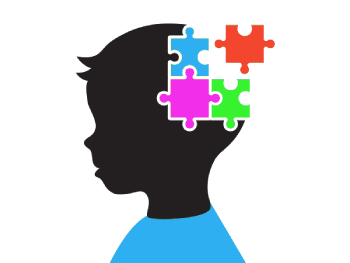
Do you know how to teach monitoring strategies to your kid? The simple way to teach your kid is, read aloud with them. This technique will enable the kids or readers to think about their reading comprehension. Also, teach them to identify what they do understand and what they do not understand. It will help them to find the solution for the issue in reading comprehension.
4. Visualization
While reading, visualization is an essential skill for kids because it enables them to imagine or illustrate the concepts and characters in a text.
Students who adept at this comprehension strategy will not only imagine pictures in their minds. It includes smells, tastes, sounds, and feelings in their imaging when reading the text.
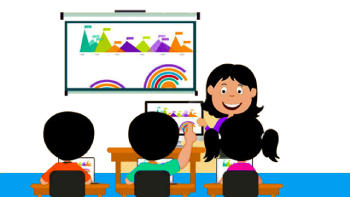
How to teach visualizing skills? The best way to teach this strategy is, make them read aloud. Reading aloud will make the students enhance their imagination and creativity skills in their minds.
If you’ve given insight into the kids’ thought process, make them read one or two-sentence to understand. Most importantly, one should continue this manner until the completion of a passage. By doing this, you’ll empathize with what you are reading.
5. Inferring
Inferring is a great comprehension strategy that leads the students to detect the text. With this strategy, students can identify the concepts that are not made explicit in the text. Instead of relying on the writer’s text, inferring can help the students look for clues hidden behind the text.

So, how to teach Inferring strategy to a reader? Choose a section and read with the kid aloud. At some point, press pause and ask them about their thoughts about the text. Then, the teacher should provide a clear conclusion about the text to the readers.
6. Predicting
This comprehension strategy helps the readers to get meaning from the text. Usually, a good reader predicts everything to connect the new data with the existing knowledge. For instance, if they know about the author before, they may guess what the text is.
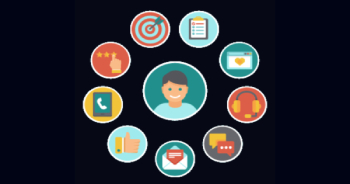
Even the title of the content may lead you to predict what the text is about. Also, it will tend the reader to evaluate the text to understand the concept.
7. Determining the importance

In this strategy, you should demand the students to pay attention to all the text elements. It tends them to analyze everything from headings to the end of the chapter. One of the simple ways to practice this strategy is, teach students to take notes. Taking notes is a great technique to sort the information from the text based on its importance.
8. Summarizing

Summarizing is not a big deal. After reading, the student should retell the story’s concept in their own words. By doing this, they can pull out the main points and express things in their way. So, teach them to sum up a concept when reading a text.
Final thoughts
It’s time to wrap up. The strategies mentioned above are some of the key comprehension strategies to teach.
Teaching these reading strategies will ensure that students have a grip when reading. If one method fails, they can make use of the other until they understand a text.
Practice to teach these strategies, make a proficient reader with better skills! Good luck:)






